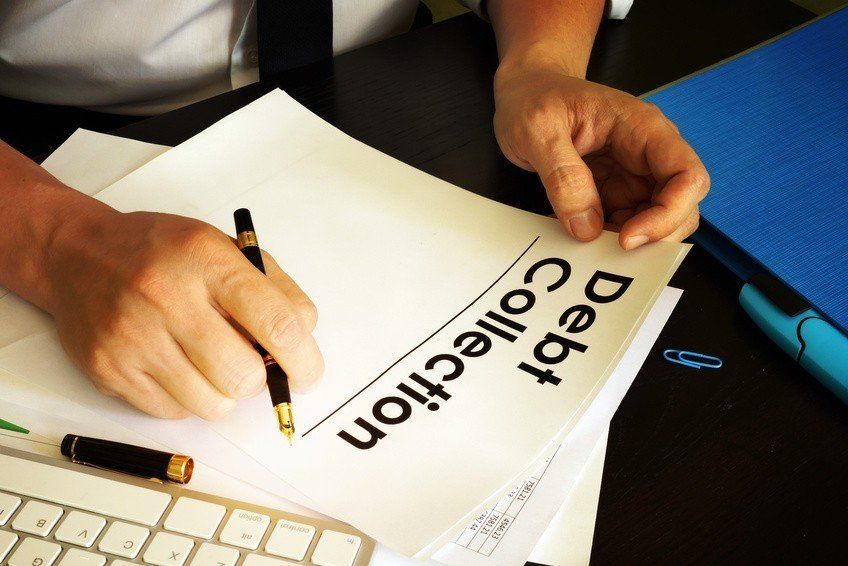4 Common Accounts Receivable Collections Mistakes
Managing your business' account receivable collectionscan be a challenging task. As you are probably aware of by now, it can be difficult collecting payment for all of your outstanding invoices. Account Receivable collections agencies can help you sort things out if the situation gets out of hand, but before that, there are some mistakes you should try and avoid so you don't need to call a debt collection agency in the first place. Below are four of the most common mistakes that businesses make with their accounts receivable, and some tips for how to avoid them.
Mistake 1: Not Researching Customers Thoroughly
One of the most common mistakes that businesses make is going into business with customers without any idea if they are a reliable debt payer. Industries such as healthcare leave themselves susceptible to late payments by invoicing customers after providing services. In the U.S., the average outstanding medical bill is over 500 dollars, so these late payments can really add up.
Before putting yourself in a position where you will need a reliable accounts receivable collections agency, you should try to research your prospective customers. Many businesses ask new customers to fill out a credit application prior to conducting business with them. Credit applications can give you a strong sense of how reliable this customer will be in paying their debts, and help you avoid needing to hire an accounts receivable collection agency.
Mistake 2: Getting Distracted
Depending on the set-up and size of your business, you might have full-time accounts receivable employees, part-time accounts receivable staff, or someone in the business who simply handles accounts receivable collections on the side. As anyone who has worked on accounts receivable collections knows, it can take a lot of work to track down payment for just one invoice. Many businesses make the mistake of letting accounts receivable late payments stack up, because there is simply too much to do. But how can you expect to run a successful business without being paid?
The best way to avoid letting your accounts receivable get out of hand is to hire full-time staff to handle this portion of the business. While this is certainly the simplest solution, we understand that businesses do not always have the resources to assign someone to this position full-time. Aside from having ample staff on hand, it is also important how you go about collecting payments, and optimizing this process for efficiency.
Mistake 3: Allowing for the Snowball Effect
Don't let your small problems turn into big ones. One of the most common reasons that businesses find themselves in a position where they need to hire a collection agency is that they let things slide with customers. If, for example, you have invoiced a customer on 30 day terms and the customer fails to pay you in that time period, do not wait another second. If a customer is willing to leave an invoice unpaid for an extra day, why would they not be willing to do the same for a year?
Successful account receivable collections is all about being proactive and timely. This not only means contacting customers the moment their invoices become late, it also means sending reminders before payments become late, and engaging in regular communication to ensure that the customer understands they are being monitored closely. Letters, emails, and phone calls are all appropriate ways to communicate with the customer about due dates and payment timelines. If you want to avoid hiring a debt recovery agency, establish an authoritative tone with the customer. This ensures they understand that despite your excellent and friendly customer service, you are still in business with them and expect to be paid.
Mistake 4: Waiting Until the End of the Year
Way too many businesses allow their accounting to wait for the end of the fiscal year. For some aspects of business finance, this strategy works fine. But when it comes to account receivable collections, you cannot afford to wait this long on debts you are owed. Avoid letting account receivables pile up by managing your accounts throughout the year. Tools like spreadsheets and data analysis are extremely useful in keeping on top of outstanding accounts.




